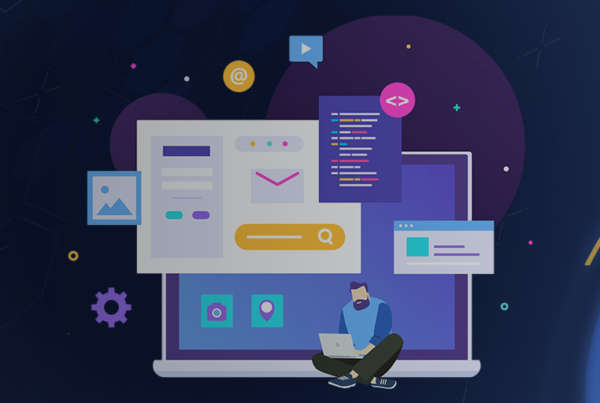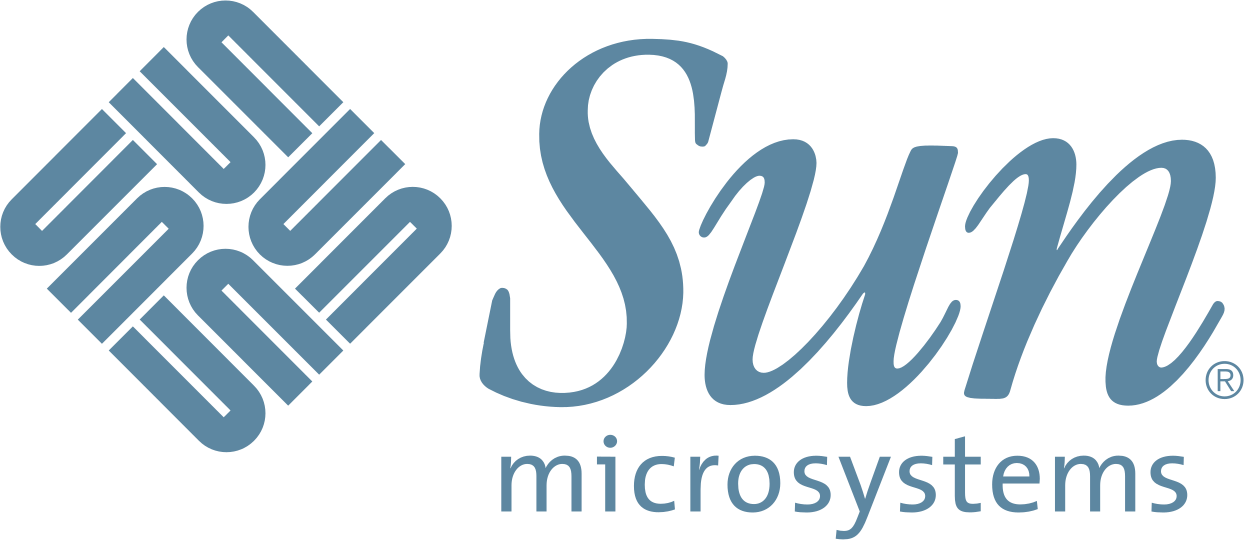Robots Versus Humans: Who’s the Boss?
To Those Who Fear a Robot Takeover, Calm Down Already
The debate over whether or not we will ever achieve complete human–robot symbiosis continues. While we can imagine many possibilities, the reality might be that human and robot intelligence will never be comparable. Humans will ultimately control robots, and although robots may grow to be our greatest allies in the future, they won’t ever actually threaten our existence.
I still haven’t watched any episodes of the British TV series Humans, but when I heard about it from a colleague, I was quite intrigued by the plot, which depicts a future where the lines between humans and machines have become blurred. Since it’s a TV show, of course it has a twist as well as drama, emotion and a superlative storyline. I even read a few reviews of the show to get an idea of what it was about. That got me wondering, does the show really represent the future of human–robot coexistence? I doubt it. I discussed the idea of humans and robots coexisting and cooperating to meet human needs in an earlier blog post. And I continue to argue that the way we imagine the future of robotics and artificial intelligence has been severely distorted by sci-fi stories.
First, let’s be clear on the applications of artificial intelligence and robotics in the real world. We’ve become so fascinated by sci-fi books and movies that when we think of artificial intelligence, we immediately picture evil humanoids. But there’s much more to robotics and artificial intelligence than killer robots. So setting the ideas of modern sci-fi novelists aside, let’s consider how artificial intelligence can be incorporated into human lives.
Robotics and Artificial Intelligence Technologies Are Maturing Fast
With the recent launch of their $100 million robotics lab, Samsung’s goal is to make intelligent robots that are IoT-enabled within five years. And while the company is manufacturing cool PowerBot vacuums for homes, they are also building killer sentry robots that can identify and neutralize potential targets more than two miles away. While many would find that form of progress unsettling, the important thing is that what robots can and cannot do is strictly governed by their use cases through very specific programming and design. While the PowerBot seems like a harmless domestic assistant, the sentry is built to operate differently. Robots will eventually be engineered for many unique tasks in the years to come—some we’ll support and some we won’t—but as long as they run on human programming and engineering, there’s no reason any AI-powered device would spontaneously turn evil.
Human Intelligence Versus Artificial Intelligence
Samsung’s SGR-A1 military robot, like all other robots with built-in artificial intelligence, still requires a human operator. So it won’t kill anyone unless ordered to do so by a human. Since machines don’t have consciousness, they also cannot have intentions of any kind, either good or evil. They can only do wrong if humans err. Which brings me back to the Humans TV series. In an episode review writer Neela Debnath interprets the storyline to suggest that “if lifelike robots were part of society, it would lead to moral erosion with the attitude being, ‘it’s okay because it’s just a machine.’” In actuality, the greatest likelihood may be that humans will exploit robots, not the other way around, because unlike humans, robots don‘t have twisted minds that feed on cruelty—or any minds at all for that matter.
Robots Will Simply Follow Your Command
In a recent incident, Google’s self-driving car braked to allow a pedestrian to cross, only to get hit from behind by a human-driven sedan. Google argued that the car’s human safety driver was actually to blame for the crash. Apparently, although the car had slowed to let the pedestrian cross, the safety driver felt prompted to manually apply the brakes. And because he slammed the brakes too hard, the human driver in the car behind couldn’t brake fast enough, causing a collision. Would the outcome have been different had the safety driver not intervened, or if both the cars were being self-driven? Who knows, but it seems that—barring a dysfunction—self-driving cars may never cause crashes since they will always follow the rules, adhere to traffic lights and speed limits, and won’t text or take photos while driving.
Robots are ruled by programming, so they will never violate laws. In fact, humans may find their tendency to strictly follow the rules a bit weird! A major challenge facing smart machines is that they have to operate in a world full of humans who have natural intelligence and often break the rules themselves. In a test in 2009, one Google car couldn’t get through a four-way stop because its sensors kept waiting for other (human) drivers to stop completely before it would go. While the self-driving car kept waiting, following the rules fed to its artificial intelligence, the human drivers kept inching forward, using their intelligence to gain an unfair advantage over Google’s robot. In a real world situation, the robot’s artificial intelligence simply could not match that of the other human drivers and it was rendered paralyzed by its inability to deviate from the rules.
Robots Won’t Outsmart People
We have been fascinated with science fiction stories for half a century now, and this fascination has inspired many writers to create entertaining stories around robots. But do science fiction writers really have the expertise to be taken seriously? Robots are already assisting us in many ways across a variety of industrial and, increasingly, consumer-driven scenarios. Fearing that robots will leave knowledge workers unemployed, or that an army of androids will band together to eliminate their creators is rather absurd. This century will certainly see transformative developments in the fields of robotics and artificial intelligence, but I cannot imagine robots truly dominating humans. After all, robots are just machines built by people to do what we tell them to do. And as far as the TV series Humans is concerned, having read that the plot might be building towards a robot revolt, I lost interest in watching it.
































